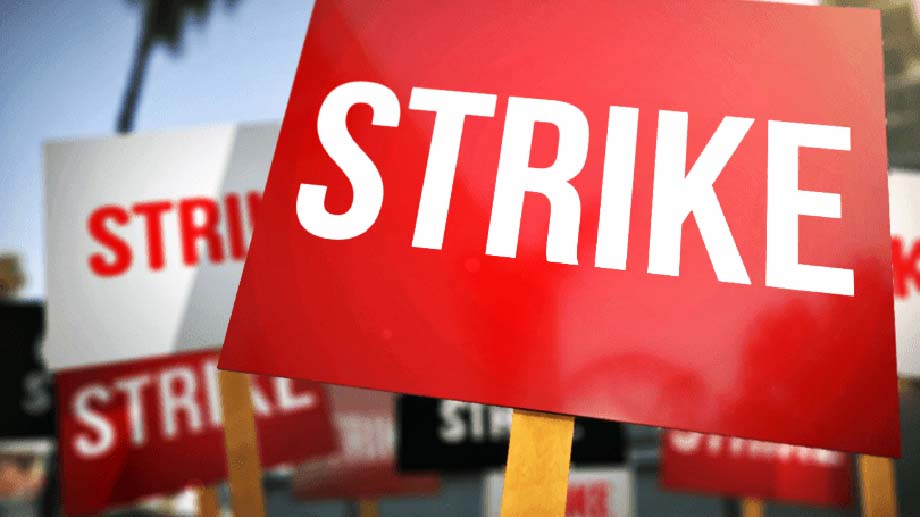
Canada - Canada's two biggest railways, accounting for almost 80 percent of the national network,
shut down early Thursday after talks with a union failed, immediately blocking arteries of North American supply chains
that carry about $1 billion per day in trade.
More than 9,000 employees at Canadian National Railway Co. (CN) and Canadian Pacific Kansas City Ltd. (CPKC) were
locked out after a deadline elapsed early Thursday.
The two companies were unable to reach a deal with the Teamsters Canada Rail Conference (TCRC) after the union voted in
favour of a strike over scheduling and ways to mitigate worker fatigue.
In a statement, a spokesperson for CN said it has consistently made offers to improve wages and rest time, including a
final offer to avoid a lockout.
"The TCRC have not shown any urgency or desire to reach a deal that is good for employees, the company and the
economy," the spokesperson said.
TCRC president Paul Boucher said the main obstacles to reaching an agreement remain the companies' demands, not union
proposals.
"Their sole focus is boosting their bottom line, even if it means jeopardizing the entire economy," he said
in a statement.
A CPKC spokesperson said the TCRC continues to make unrealistic demands that would fundamentally impair the railway's
ability to serve its customers.
"We fully understand and appreciate what this work stoppage means for Canadians and our economy," the
spokesperson said in a statement.
The stoppage may cost Canada as much as $341 million per day, according to a Wednesday estimate from ratings agency
Moody's Corporation.
As the deadline approached, business groups and rail-dependent industries from automakers to agriculture had issued
dire warnings about the economic damage, which could mean plants cutting shifts or shuttering, as well as longer term
injury to Canada's trading relationships and reputation for reliability, following other recent disruptions to its
transportation networks.
Shippers had already diverted some cargo to the United States ahead of the strike.
Certain crucial major Canadian commodities like fertilizer, grain, and lumber need rail to move and can't be
transferred onto trucks at scale.
The stoppages will also cause upset for Canadian city commuters.
U.S. Transportation Secretary Pete Buttigieg said Monday that his department had been monitoring the situation closely
and tracking the flow of vital goods to the US.
It's the first time in decades workers at both companies walked out simultaneously, and the lead-up prompted urgent
questions for the federal government.
Labor Minister Steven MacKinnon denied Cn's request to impose binding arbitration on 15 Aug 2024, and encouraged
parties to reach a deal at the bargaining table.
The minister also met with the parties and federal mediators on Tuesday and Wednesday.
Prime Minister Justin Trudeau's government is propped up by a deal with the pro-labor New Democratic Party, whose
leader Jagmeet Singh had said he would oppose government measures to intervene on behalf of employers against
workers.
Thomas Seal.
(likely no image with original article)
(usually because it's been seen before)
provisions in Section 29 of the
Canadian Copyright Modernization Act.
